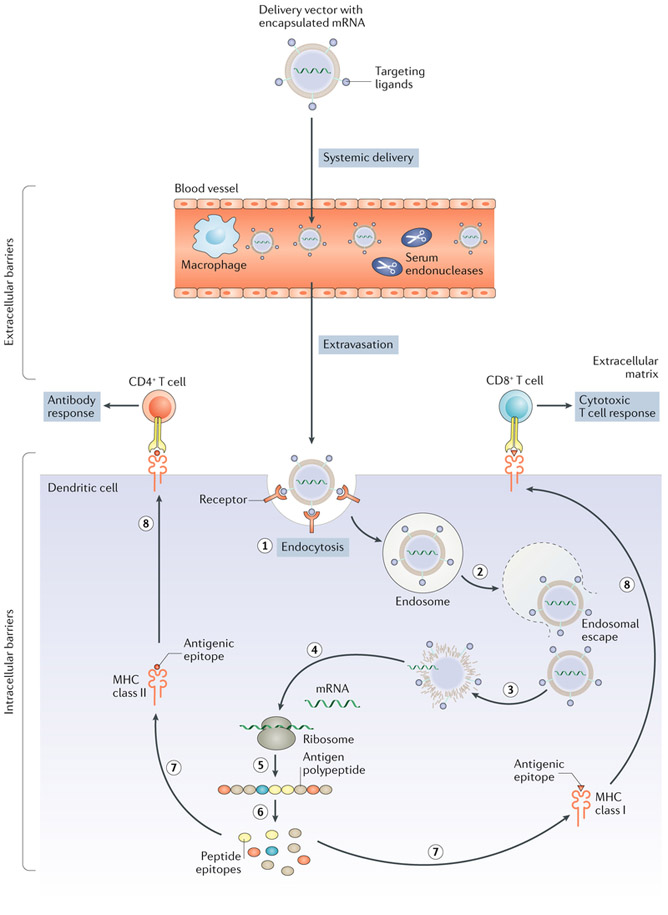Immunotherapy has already revolutionized medicine by leveraging the immune system to fight diseases like cancer, autoimmune conditions, and chronic infections. But now, a new force is accelerating this revolution: Artificial Intelligence (AI).
As of 2025, AI is no longer just a tool for data crunching—it’s becoming an intelligent partner in designing and delivering personalized immunotherapies. From early diagnostics to drug discovery, let’s explore how AI is reshaping this exciting field.
🤖 What is AI’s Role in Immunotherapy?

Artificial Intelligence refers to computer systems that simulate human intelligence to solve complex problems. In immunotherapy, this means:
- Analyzing patient data (genomic, proteomic, and clinical) to find patterns.
- Predicting treatment responses before therapy even begins.
- Discovering new drug targets using machine learning and multi-omics data.
- Optimizing clinical trials by selecting the right patients and endpoints.
🔬 Real-World Impact in 2025
1. AI + Cancer Immunotherapy
AI models are being used to:
- Predict which patients will benefit from PD-1/PD-L1 inhibitors.
- Identify immune escape mechanisms in tumors.
- Personalize CAR-T cell therapies based on tumor genetics and patient-specific immune profiles.

2. AI in Autoimmune Disease Management
Using AI, researchers can now:
- Detect early signs of diseases like rheumatoid arthritis, lupus, or type 1 diabetes through subtle immune system markers.
- Forecast flare-ups using real-time data from wearables and blood tests.
Great stories have a personality. Consider telling a great story that provides personality. Writing a story with personality for potential clients will assist with making a relationship connection. This shows up in small quirks like word choices or phrases. Write from your point of view, not from someone else's experience.
Great stories are for everyone even when only written for just one person. If you try to write with a wide, general audience in mind, your story will sound fake and lack emotion. No one will be interested. Write for one person. If it’s genuine for the one, it’s genuine for the rest.
